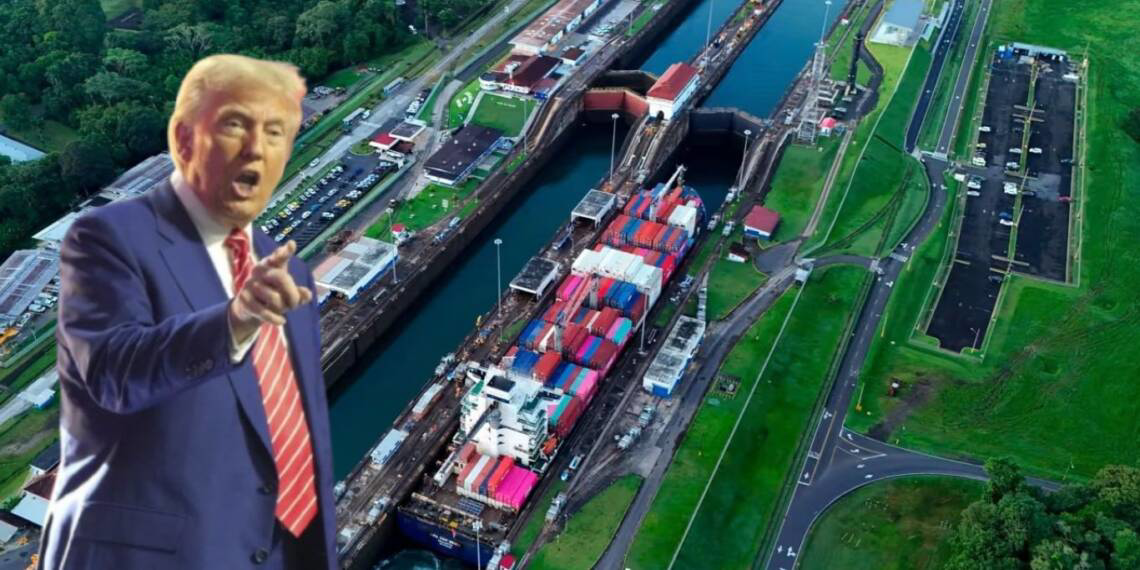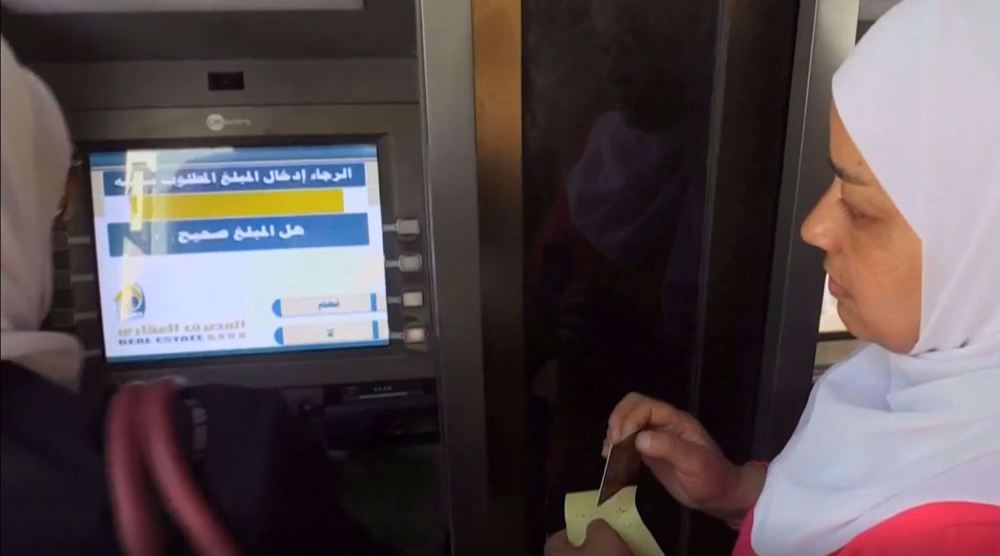Libya: an economy on life-support
In 1967, Colonel Gaddafi inherited one of the poorest nations in Africa; however, by the time he was assassinated, Gaddafi had turned Libya into Africas wealthiest nation.
Libya had the highest GDP per capita and life expectancy on the continent. Less people lived below the poverty line than in the Netherlands.
After NATOs intervention in 2011, Libya is now a failed state and its economy is in shambles. As the governments control slips through their fingers and into the militia fighters hands, oil production has all but stopped.
For over 40 years, Gaddafi promoted economic democracy and used the nationalized oil wealth to sustain progressive social welfare programs for all Libyans. Under Gaddafis rule, Libyans enjoyed not only free health-care and free education, but also free electricity and interest-free loans.
One group that has suffered immensely from NATOs bombing campaign is the nations women. Unlike many other Arab nations, women in Gaddafis Libya had the right to study, hold jobs, divorce, hold property and have an income. The United Nations Human Rights Council praised Gaddafi for his promotion of womens rights. When the colonel seized power in 1969, few women went to university. Today, more than half of Libyas university students are women. One of the first laws Gaddafi passed in 1970 was an equal pay for equal work law.
President Deby: French troops will leave Chad by end of January
Toxic waste removed from India's 1984 Bhopal gas tragedy site
Gaza police chief, deputy killed in airstrike on humanitarian zone
South Korea's Yoon vows to ‘fight until end’ despite facing arrest
Alawites targeted as HTS militants launch crackdown on Homs
VIDEO | Press TV's news headlines
Putin orders government, top bank to develop AI cooperation with China
Martyr Soleimani is beacon of inspiration for freedom seekers worldwide: Official









 This makes it easy to access the Press TV website
This makes it easy to access the Press TV website